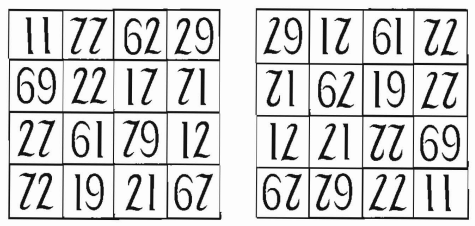Letter to the Times, Oct. 14, 1939:
Sir,
If ordinary English usage counts for anything, an evacuee is a person who has been evacued, whatever that may be, as a trustee is one who has been trusted; for ‘evacuee’ cannot be thought of as a feminine French form, as ’employee’ is by some.
Where are we going to stop if ‘evacuee’ is accepted as good English? Is a terrible time coming in which a woman, much dominated by her husband, will be called a dominee? Will she often be made a humiliee by his rough behavior and sometimes prostree with grief after an unsought quarrel?
Must sensitive people suffer the mutilation of their language until they die and are ready to become cremees?
I am, Sir, your obedient servant,
F.H.J. Newton


